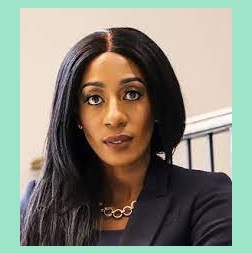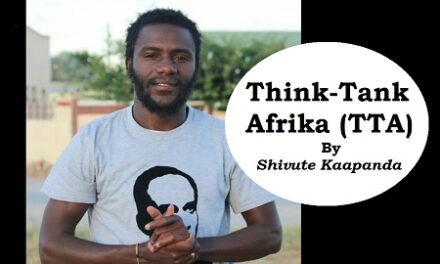
Whistleblowing vs Leaking Information
By Hilma Uutoni|
GIPF has adopted a philosophy of zero tolerance towards unlawful conduct, or any form of dishonesty, fraud, theft and corruption in all its dealings with internal and external stakeholders.
In seeking to attain this goal, the Fund has in place, a Whistle Blower Policy which is intended to provide an enabling environment for employees and other stakeholders to express their concerns without fear of reprisal.
According to Timothy Garton Ash, author of ‘Free Speech: Ten Principles for a Connected World’, “a whistleblower is someone who, seeing something that he or she regards as wrong happening in an organisation, passes on that information to others in the hope of exposing the wrongdoing”.
Whistleblowing must however be done in accordance with relevant procedures and through the appropriate channels as set out in the policy.
The above description should be distinguished from a person merely leaking information. Leaking information happens when a person (‘the leaker’) discloses confidential information with the aim of making such information public. ‘Leakers’ can come from inside or outside the organisation.
The ‘leaker’ is usually an undisclosed person and uses unauthorized platforms such as social media or approaches newspaper journalists to leak such confidential information.
There are various reasons behind leaking information that can range from exposing perceived wrongdoings or disclosing something that is believed to not be in the public interest. There are also more sinister reasons, such as to embarrass or discredit another person, company or group of people.
GIPF has a comprehensive Corporate Communication Policy framework that regulates the distribution of the Fund’s information to both internal and external stakeholders, and is committed to engaging and informing stakeholders with information that enables them to make well informed decisions.
The policy framework is further designed to ensure that, in all dealings with the media, GIPF acts professionally, with integrity, proactively and that all statements made are accurate, timeous, relevant, objective and transparent.
Leaking information that has not gone through the proper channels can have detrimental effects to the organisation and could result in sanctions for the ‘Leaker’. It is therefore crucial that the disclosure of confidential information follows the correct procedures and channels set out in policy.
GIPF has safe and secure channels through which employees, trustees and members of the public can blow the whistle anonymously. The platform through which this can be done is called the GIPF Ethics Helpdesk and is regulated by the Fund’s Whistle Blower Policy.
This Policy regulates the extent to which the Fund provides an enabling environment for whistle blowers to speak out freely against illegal, irregular or unethical activities without having to bear consequences of retribution, retaliation and occupational detriment.
These protections are however not afforded to those who leak information outside the scope of GIPF policy. In order to benefit from those protections, disclosure of information must go through the secure designated channels.
— Ms Hilma Uutoni is GIPF’s Deputy Company Secretary.






